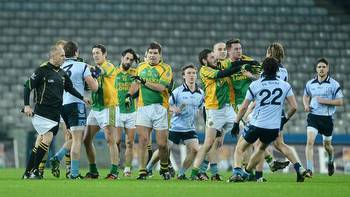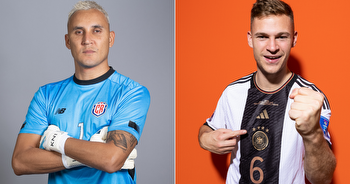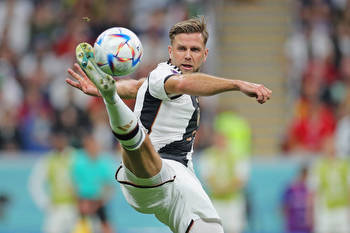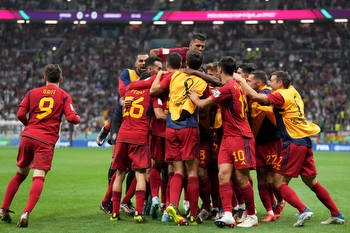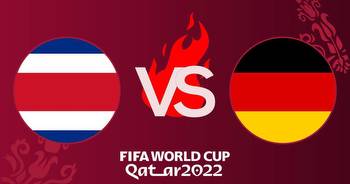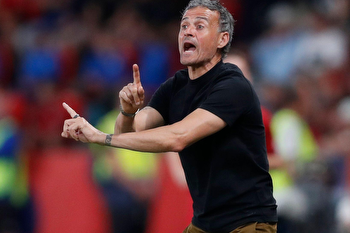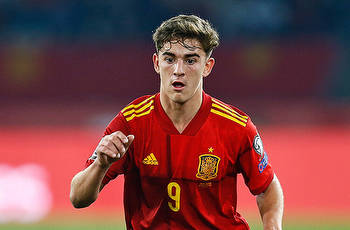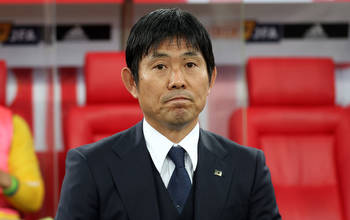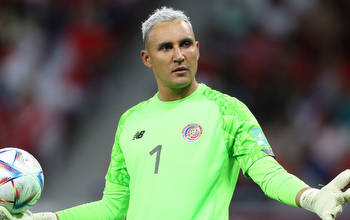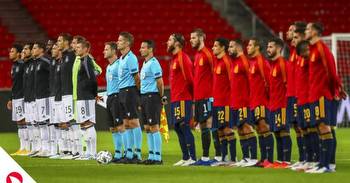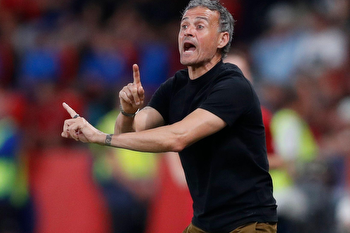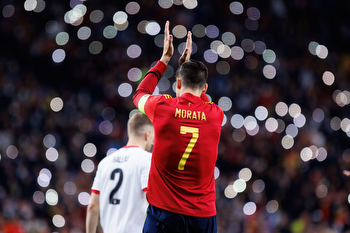Football's new All-Ireland Championship format is simply daft
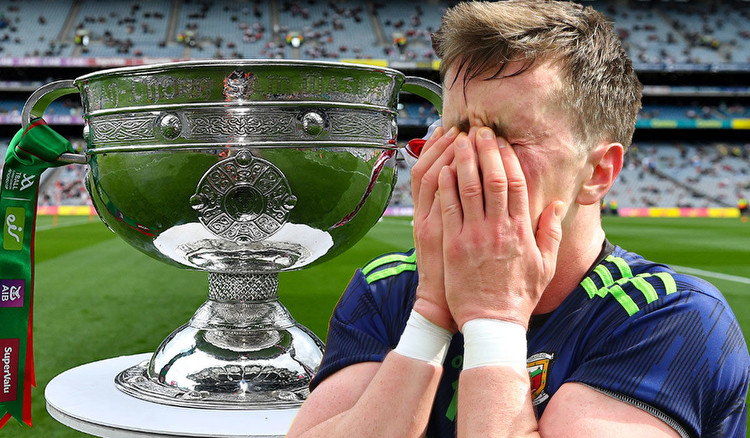
It felt a little surreal watching a World Cup final in another stadium thousands of miles from Qatar. Croke Park has hosted World Cup football qualifiers and seminal Six Nations matches involving France and England and yet the scene on Level Seven of the Hogan Stand felt a little like one that might appear in A Season of Sundays.
Sportsfile's photographic gallery of the GAA year always features a few eye-catching left-field curios and this was certainly one: a press room of working journalists who were filing their thoughts on the All-Ireland club hurling semi-final between Ballyhale Shamrocks and Ballygunner with one eye on the Argentina-France penalty thriller that had been turned on in the press box on the main television.
If there was a World Cup moment to match Messi's coronation, this writer's personal favourite came during the group stage. The four-team groups are a World Cup standard at this stage, no more than they have been in the Champions League and were in European Cup rugby before they made the changes and expansion that has been roundly criticised and undercut the traditional sense of jeopardy. The last round of the World Cup group stage wasn't unusual in being poised on a knife edge after two games.
Group E provided an evening of unimaginable drama. At kick-off, each one of Germany, Spain, Japan and Costa Rica was in a position to qualify. The pre-match assumption that Germany and Spain would coast to the two qualifying spots proved thrillingly off the mark. What unfolded over the next 90-plus minutes of football was the sort of made-for-television sports programming that is box-office gold.
When Alvaro Morata scored the opening goal for Spain, it all looked so straightforward for the former World Cup winners - until Japan's equaliser ratcheted up the tension before Kaoru Mitoma put the ball in the net a second time for the underdogs. A protracted VAR discussion over a possible ball-out-of-play scenario heightened the tension.
Meanwhile, in the other game happening simultaneously, Germany, too, took an expected early lead. The required win, plus the same result for Spain, and the two giants of world football were through. Except second-half goals by Yeltsin Tejeda and Juan Vargas gave Costa Rica a 2-1 lead.
Right at that point, Costa Rica were in a qualification spot. Even when Germany banged in another three goals, the see-saw result in the other game saw Spain and Japan progress.
It was a wonderful kind of madness, all made possible by a four-team group where just two qualify.
The same sort of finely balanced equation that produced the Miracle of Thomond in European Cup Rugby, and what will forever be known as one of the great days of Munster rugby. It's 20 years now since the 2002-2003 campaign that included that magical win over Gloucester in the last round that quickly took its place in Irish rugby lore. The home and away nature of the group had a way of balancing out and still producing classic tight finishes ahead of the play-offs.
The changes to the competition format since - no more than the planned changes to the World Cup and Champions League - are a kind of self-defeating system alteration motivated more by finances than any professed aim of inclusion or opportunity.
For all of those reasons, it's hard to understand how the GAA has looked at the evolution of the traditional group format across the elite end of professional sport - and then decided to go a different way.
The four-team group system makes absolute sense for the new All-Ireland Football Championship format that throws in tomorrow for the very first time.
Especially when the race for the Sam Maguire Cup is based largely around the eight-team league divisions 1 and 2. It really is hard to understand, though, the rationale for removing the sense of jeopardy by allowing three teams qualify to the knock-out stages. Twenty-four games to remove just four teams - really?
Go with the traditional World Cup format of just two to qualify and immediately Kerry versus Mayo at Killarney tomorrow evening takes on a different hue.
It becomes freighted with pressure and that same sense of jeopardy.
Instead, the overwhelming expectation is that the current All-Ireland champions and the reigning Allianz Football League winners will nab two of the top three spots.
The Croke Park defence is that it wanted to avoid potential dead rubbers in the last round and keep as many counties actively involved for as long as possible with a home preliminary quarter-final the reward for finishing second instead of third.
But it just feels like a political sop. Something to keep everyone happy that ends up doing the opposite. Which reminds us of the proverb of how a camel is a horse designed by a committee.
Again, it's hard to understand why the GAA would introduce a format that isn't used as a rule in its own competitions. The Meath senior football championship format would be typical enough. Groups of four, top two to qualify.
The format used in hurling has also proven a winning one, laced with jeopardy. Particularly when Munster and Leinster were five-team groups, before Leinster expanded to six.
Leinster had its World Cup group stage moment back in 2019 when the last round produced incredible drama. Both Wexford versus Kilkenny and Dublin versus Galway went down to the very last ball, at Wexford Park and Parnell Park. I can vividly remember the palpable sense of tension and excitement covering the former at Wexford Park in the closing moments, the final whistle producing a pitch invasion with Galway eliminated on scoring difference after all four teams finished on the same points.
The Leinster Championship has been expanded for a noble intention: to allow counties like Laois or Westmeath or Antrim a better opportunity to stay in the Liam MacCarthy Cup after being promoted from the second-tier Joe McDonagh rather than suffering a yo-yo effect. But there's no denying that the six-team group lacks the same cut and thrust as before or pales beside the shark tank that is Munster right now, where All-Ireland champions Limerick are an afternoon away from possibly crashing out of Munster and seeing their four-in-a-row All-Ireland hopes disappear.
The new All-Ireland football format is bold and progressive in so many ways, not least bringing the game to the people with the home and away element that has seen provincial towns rocking in hurling going back to 2018 when the format was first introduced.
And Kerry versus Mayo is just the sort of boxoffice pairing that fans and neutrals alike want to watch.
The one big issue is the daft decision to allow three teams qualify which undercuts the sense of jeopardy and the do-or-die nature that is meant to be at the heart of the Championship.
Even before a ball has been kicked, it's hard not to think further change is coming down the are line - and the sooner the better.











